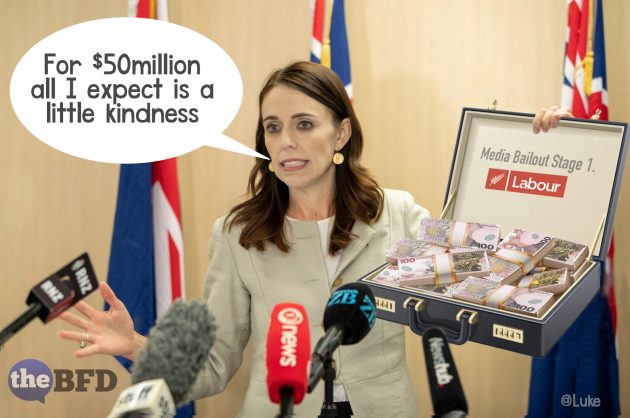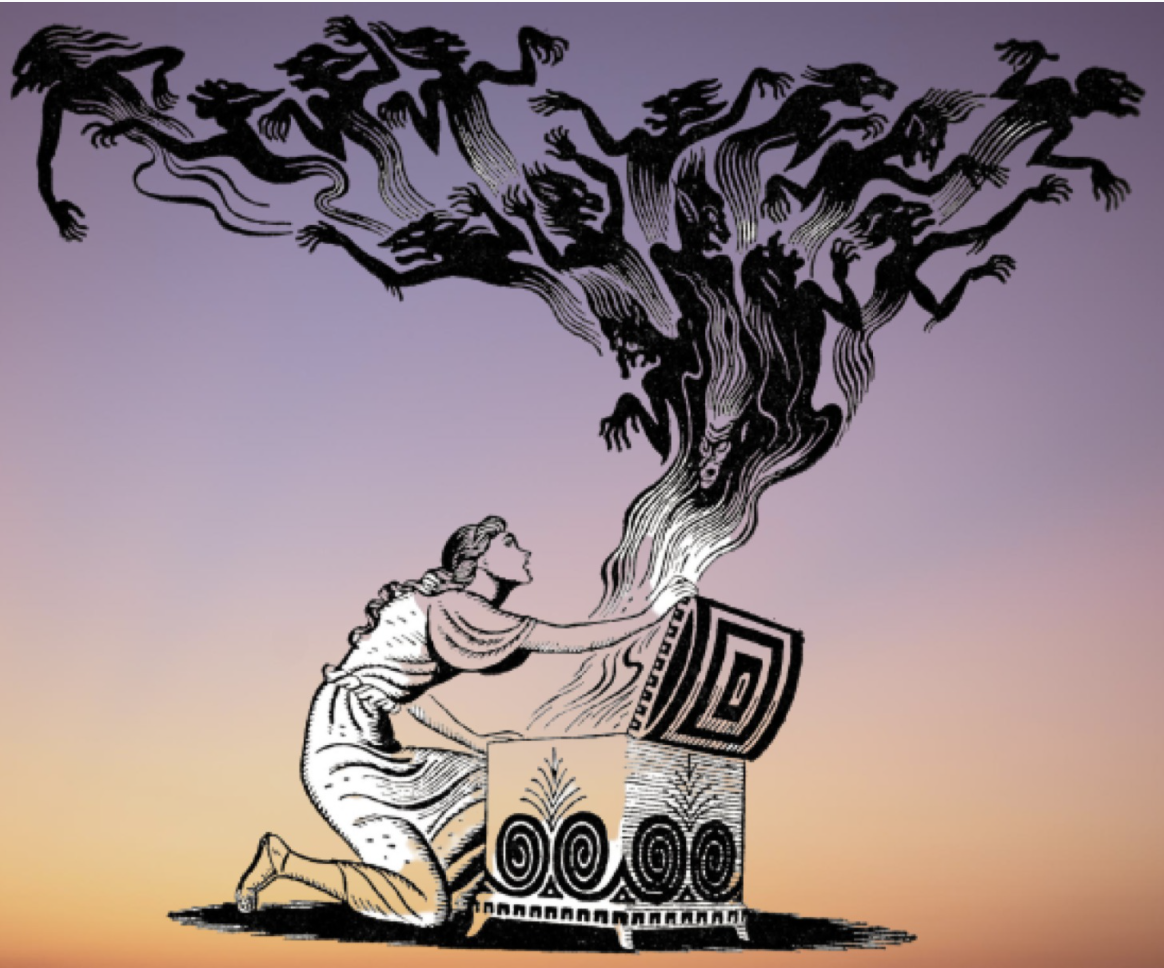Thornton Blackmore
It is widely acknowledged that the global health crisis has opened a Pandora’s Box of economic and political calamities, which are no less of a problem than the pandemic itself.
Indeed, as an increasing number of scientists, medical professionals, journalists and politicians are now challenging the narrative surrounding COVID-19, Billy Te Kahika and his supporters are no longer outsiders.
‘COVID Plan B‘ are a cross-disciplinary group of academics drawn from the fields of epidemiology, biostatistics, public health, law and economics, at several of New Zealand’s major universities. They represent many in the academic community who are challenging the science and the strategy behind the government’s virus elimination and lockdown, declaring that
“such a strategy is not proportional to the threat posed by COVID-19” and that “it is likely to substantially harm the nation’s long-term health and well-being, social fabric, economy and education”.
The Plan B initiative’s stance is validated by many in the international scientific community such as Dr. John Ioannidis and Dr. Jayanta Bhattacarya of Stanford University’s Department of Medicine.
In a recent interview with Sky News Australia regarding COVID-19 studies conducted in the United States, Dr. Bhattacharya commented that “roughly about three to four percent of the population in these counties have shown evidence of antibodies to COVID-19,” and “what that means is that roughly fifty times more people have had the disease than we’ve realised based on case counts alone”.
Dr Bhattacharya further explained, “that also means that the disease is less deadly than we realised, it’s more on the order of one in a thousand to two in a thousand fatality rate, rather than thirty in a thousand, which is what the World Health Organisation originally said”.
Summarising Stanford University’s findings, Dr. Ioannidis has remarked “Our data suggests that COVID-19 has an infection fatality rate that is in the same ballpark as seasonal influenza.”
Ioannidis has also warned that “Exaggeration and over-reaction may seriously damage the reputation of science, public health, media and policymakers. It may foster disbelief that will jeopardize the prospects of an appropriately strong response if and when a more major pandemic strikes in the future.”
The higher age-bracket and presence of comorbidities associated with COVID-19 fatalities has also not gone unnoticed by those in the scientific community, with the Plan B initiative commenting that “it is likely that some of these deaths were with the virus rather than a direct result of infection”.
In March, during the onset of the crisis, Prime Minister Ardern declared to the New Zealand public in a stunning display of hubris that “We will continue to be your single source of truth” and that “unless you hear it from us, it is not the truth”.
Media independence was soon compromised when the government announced a $50 million media support package.

The BFD. Photoshopped image credit Luke
Findings by the High Court in August that the first nine days of the original lockdown were unlawful, coupled with increasing inconsistencies surrounding the government’s narrative and their stubborn refusal to modify their strategy in line with current scientific data, have sown and nurtured the seed of public scepticism.
Meanwhile on the other side of the Tasman, the Victorian State Premier Daniel Andrews has also been caught paltering at the pulpit after his claims that Melbourne’s curfews were recommended on the basis of medical advice and consultation were refuted by both the Victorian Chief Health Officer and the Victorian Police Chief Commissioner.
To add insult to the public’s injury, these measures continue to be deployed despite findings published by the Lancet Medical Journal which have concluded that “in our analysis, full lockdowns and wide-spread COVID-19 testing were not associated with reductions in the number of critical cases or overall mortality”.
Furthermore, in a media briefing dated 21 August, the World Health Organisation’s Director-General stated that “So-called lockdowns enabled many countries to suppress transmission and take the pressure off their health systems. But lockdowns are not a long-term solution for any country. We do not need to choose between lives and livelihoods, or between health and the economy. That’s a false choice.”
Indeed, it seems that our personal sovereignty and that of our families is being threatened by decisions that have little scientific basis.
It is certainly not the ‘team of five million’ who are letting down this country.
If you enjoyed this BFD article please share it.

